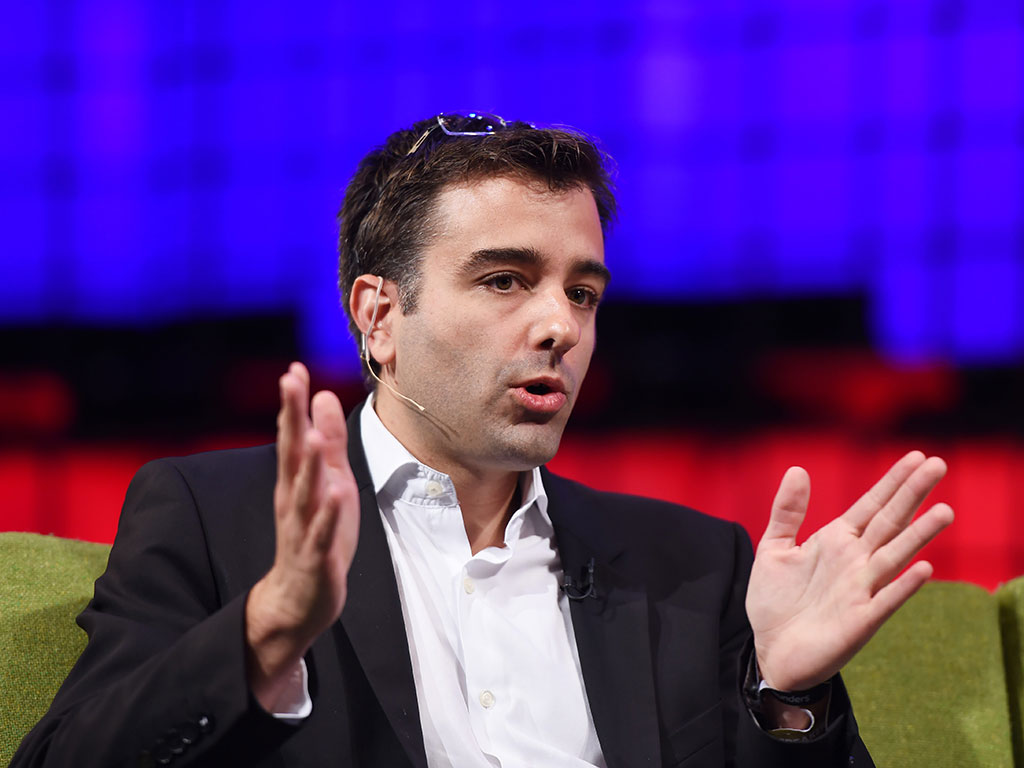France’s BlaBlaCar launches in India
Hugely successful French ride-sharing app looks to capitalise on mounting frustrations with unreliable and over-crowded public transport in the world’s tenth-largest economy

Nicolas Brusson, co-Founder and Chief Operating Officer of BlaBlaCar, has spoken optimistically about India's potential as destination for the travel service
BlaBlaCar, one of Europe’s leading tech start-ups with an online community of ten million across 13 countries, has launched its carpooling service in India as the next stage of its global expansion. The news comes at a time when taxi aggregators are facing regulatory pressure in the country; meanwhile carpooling services are not yet bound by such regulations.
BlaBlaCar is also hoping to exploit rising safety concerns surrounding Uber
BlaBlaCar operates as an online community which connects motorists and passengers, allowing the former to offer their spare seats and therefore share the cost of the journey. Operating on an inter-city basis, the service will likely come as a welcome alternative to the country’s over-crowded and unreliable trains and will start its journey in north India, gradually branching out across the country.
BlaBlaCar is also hoping to exploit rising safety concerns surrounding Uber, which was banned by the Delhi government in December following the arrest of one of its drivers on charges of raping a female customer. Because it is a community-driven service built on trust, users have access to personal details about their fellow traveller before embarking on the journey.
“India, with its young, highly-connected population, and multiple major urban hubs separated by long distances, has great potential for ride-sharing,” co-founder and Chief Operating Officer of BlaBlaCar Nicolas Brusson told India’s Business Standard. “Chronically over-crowded transport infrastructure forces travellers to book their train or bus tickets weeks in advance, while the high price of fuel makes long-distance car travel often unaffordable. BlaBlaCar will make last-minute city-to-city travel both available and affordable.”
BlaBlaCar is one of Europe’s most successful start-ups, having raised $100m from investors in July 2013 to fund its expansion into international markets. India is its first stop in Asia, but with public transport infrastructure being a common problem across the continent, further growth is highly likely.













